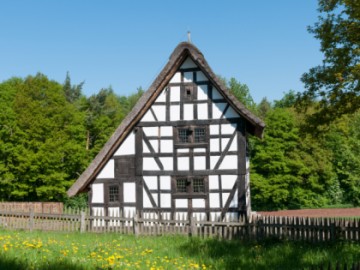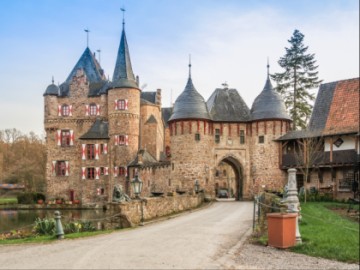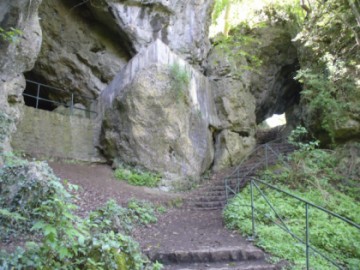Mechernich - Medieval Castles and a Giant Cave
Provincial Mechernich in the Westphalian Eifel mountains is a tiny mining town with 700 years of history. However, these places also “remember” more ancient times, as evidenced by the remains of the Eifel Aqueduct-the largest Roman aqueduct, and dozens of medieval castles in the vicinity, as well as by the oldest open cave, Kakus cave, steeped in legends, glorified by Virgil, where traces of the first man have been preserved. But wilderness is the main wealth of these places! After all, Mechernich is located in Naturpark Nordeifel nature reserve.
See all
Restaurants
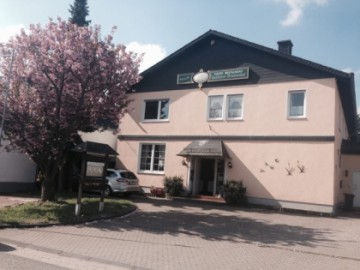
Brunnenhof
Family restaurant • Hotel • Catering
+49 2484 9191331
Payment methods:
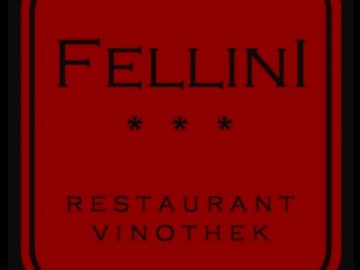
Fellini
Restaurant • Banquet room • Wine bar • Catering
+49 2443 9036750
Payment methods:
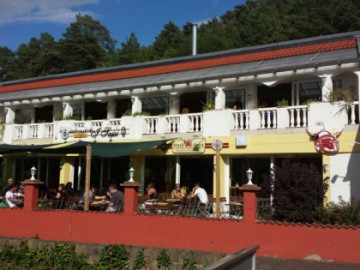
Touchdown Mechernich
Steak House • Sports bar
+49 2443 9122828
Payment methods:
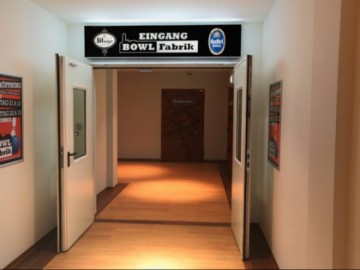
BOWL-Fabrik
Restaurant • Bar • Sports bar
Payment methods:
All sights in MechernichSee all
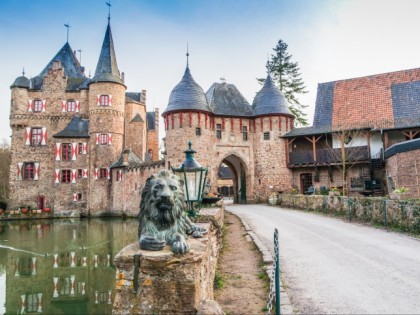
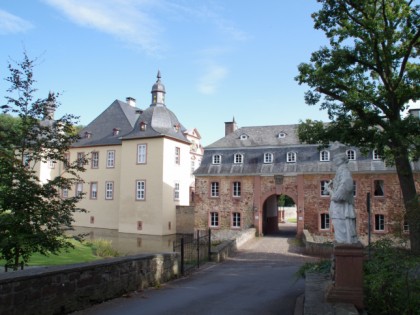
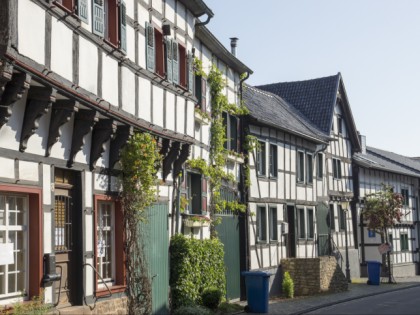
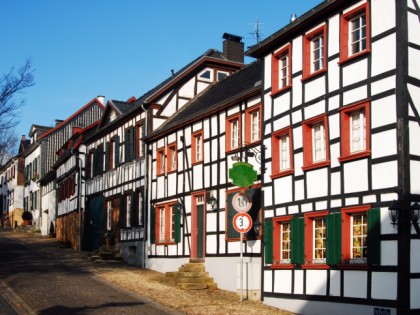
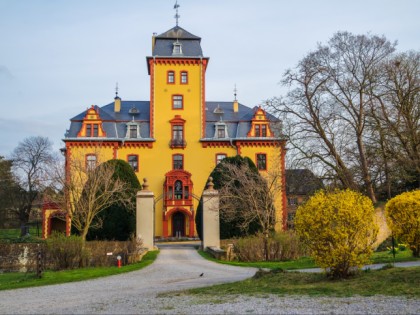
 Castles, Fortresses and Palaces
Castles, Fortresses and Palaces
 Parks and recreation
Parks and recreation
 Museums and Exhibitions
Museums and Exhibitions
 Other places
Other places
